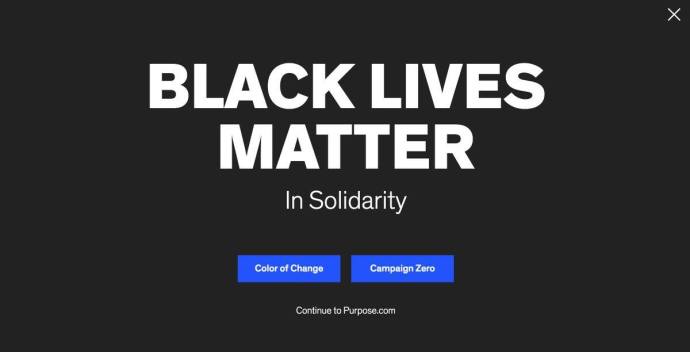Oct 30
20191
Neo-Liberalism and the Defanging of Feminism, Social Engineering, Whiteness & Aversive Racism
financialisation of nature Natural Capital privatization Species Banking Speciesism The Nature Conservancy United Nations Wetlands WWF
Watch: Banking Nature
October 30, 2019
In “Banking Nature”, directors Denis Delestra and Sandrine Feydel document the growing movement to monetize the natural world, and to turn endangered species and threatened areas into instruments of profit.
2014. 90 minutes
This film investigates the financialization of the natural world.
“
Grand Prize of the City of Innsbruck nature film festival. Jury statement:
“Whoever thought that capitalizing natural resources could be a solution for our ecological crisis knows better now: thanks to the investigative approach of the directors. It is clear that the protection of endangered species should not be left to multinational companies and financial consultants. Although the topic is highly complex, the film remains exciting to the very end. The development to profit from nature as revealed by the film is frightening.”
9 AWARDS & 24 sélect. internationales
Voir la liste complète/To see the list

































































































